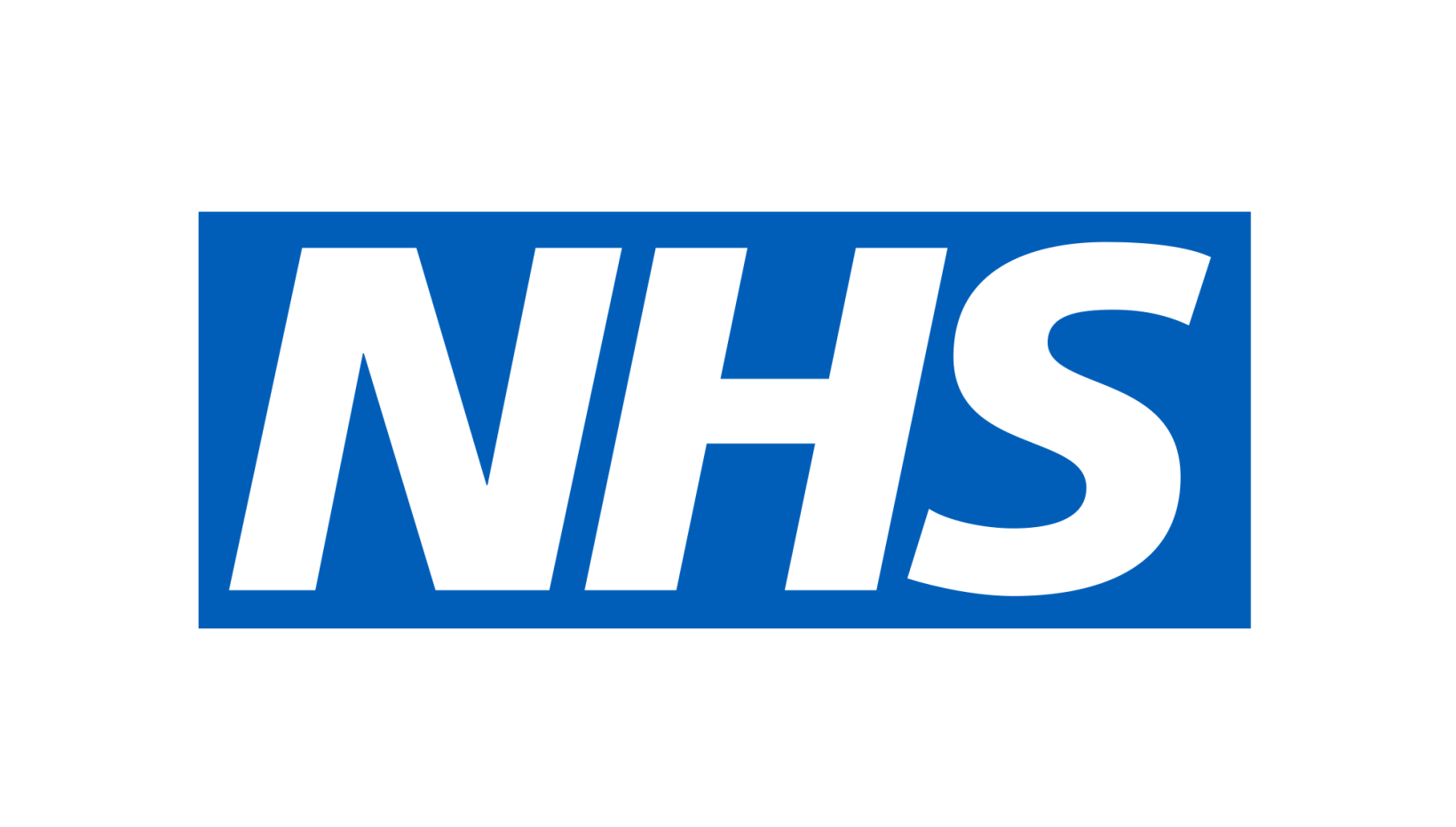It was announced this week that the NHS will begin to roll out a free 24-hour smartphone GP service across London, covering around 3.5 million patients. The service is expected to roll out across the country sometime in the foreseeable future.
Apprehensions
In order to make use of the service, patients are required to leave their current GP surgery and will have their records transferred to a small group of five GP practices in central London. This, of course, means that patients who choose this service will no longer be able to see the GP they have become familiar with, nor receive the same continuity of care.
Though the idea of a fast, efficient and modern approach to NHS healthcare is appealing, the new technology has not been without criticism. Chair of the Royal College of GPs, Professor Helen Stokes-Lampard, argues that the new approach could end up putting more pressures on GPs, by creating a ‘twin-track’ approach.
Moreover, not all people can be covered by the new service, therefore meaning patients are ‘cherry-picked’. Certain people, such as those with long-term or complex needs, pregnant women, patients with certain mental health conditions and others are not deemed suitable for such a service.
If patients are unhappy with the service they can switch back to their past practice, which has also raised issues over patient record confidentiality.
Though the above concerns are valid and the effect of the new approach remains to be seen, the new NHS smartphone service is no doubt a step in the right direction and will certainly help a vast number of patients gain immediate and convenient access to a GP.


